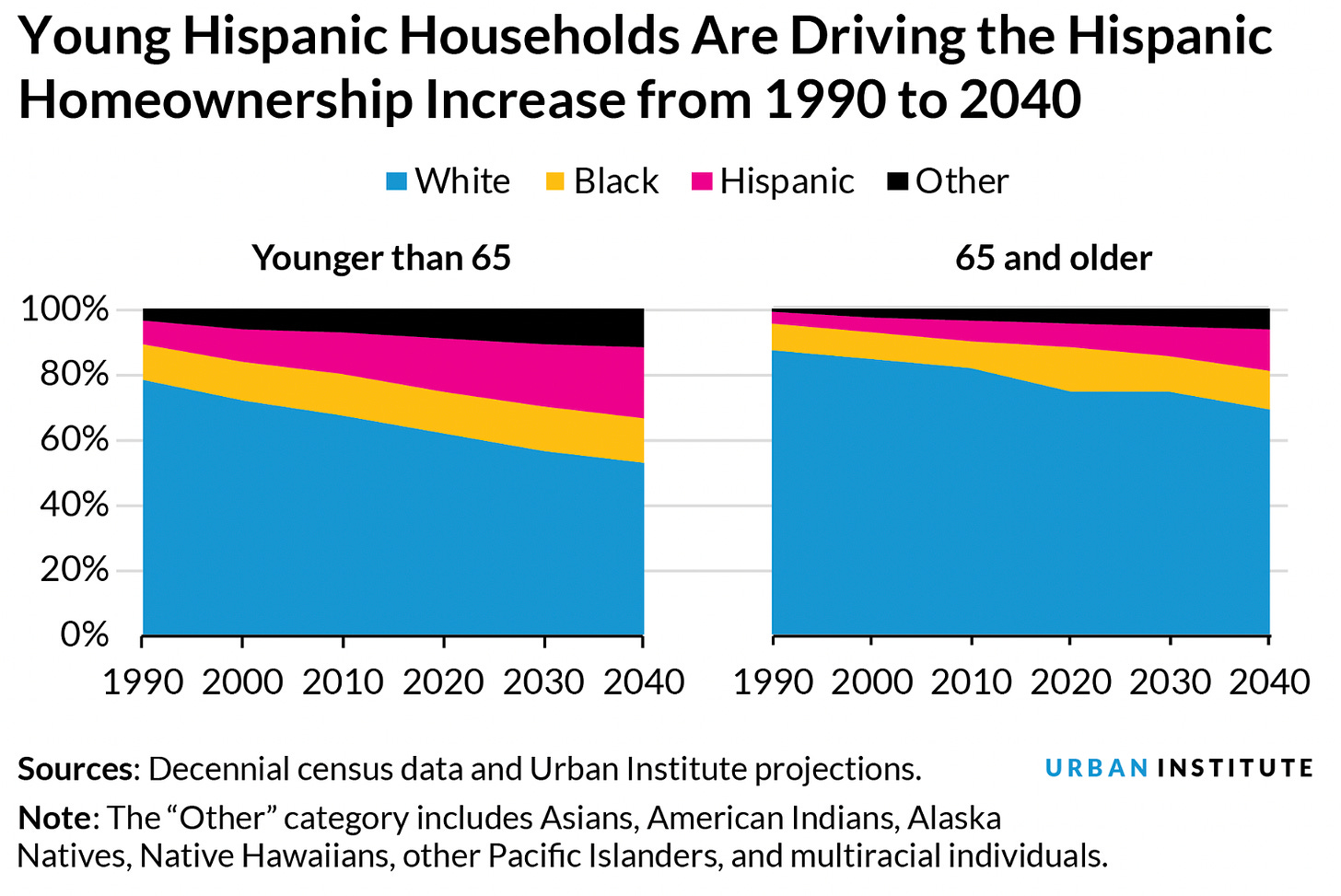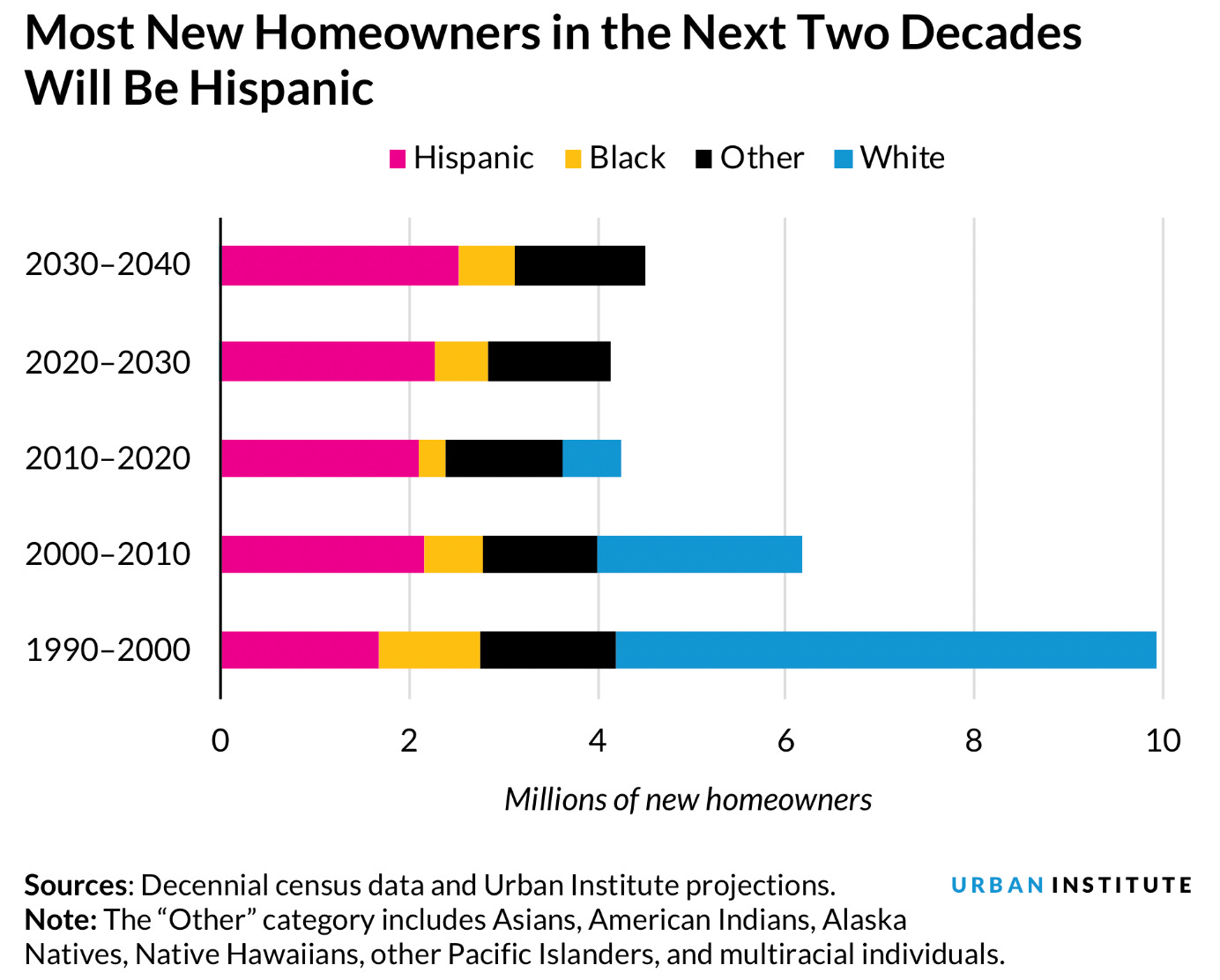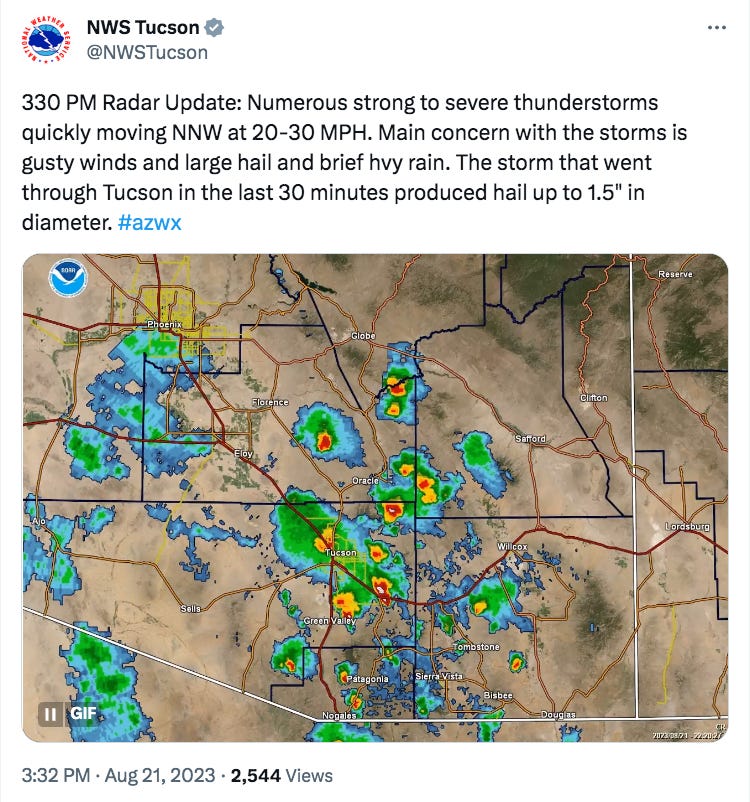The Daily Agenda: Help is here for Hispanic house hunters
Longstanding nonprofit aims to bring equity to local housing ... Tucson one of five cities to pilot a new program ... UA students prepare for civic engagement.
A longstanding local nonprofit is looking to grow Hispanic homeownership in Tucson through a partnership with the country’s largest Latino nonprofit advocacy organization.
The Administration of Resources and Choices was started in 1988 in response to founder Kay White’s concern for local elders in crisis. ARC began providing free services to help elders experiencing emotional, physical or financial abuse through professional case management and referrals.
After the 2008 financial crisis, ARC expanded its reach to help people facing extreme economic hardship and foreclosure. The organization created a variety of foreclosure prevention and reverse mortgage services through federal funding from the Arizona Department of Housing. The group added a Phoenix office a few years later.
ARC still continues to offer services to older adults in crisis, something executive director Debbie Chandler said is needed more than ever due to the cost of housing.
The organization has a city grant to provide wraparound services that help with underlying issues related to housing instability. ARC also offers reverse mortgage counseling for older adults.
Last January, in the wake of the pandemic, ARC began helping homeowners impacted by COVID-19 due to job loss, emotional distress and many other pandemic-related reasons.
The homeowner assistance funds provide up to $40,000 for past due homeowner-associated payments, including mortgage, utilities, homeowners insurance and homeowners association fees.
The state-funded program runs through 2024 and has allowed ARC to help thousands of people come up to date with house payments, Chandler said.
“We have a woman who lost her business due to COVID. It took a year to go down the tubes and she didn’t know about us and was days away from being foreclosed upon,” Chandler said. “Somehow she found us, reached out and we stopped the foreclosure, helped apply for (the homeowner’s assistance) fund, got completely current and was made whole.”
It’s been challenging to get the word out about the program, as many Tucsonans still don’t know about ARC, Chandler said. She’s hoping to change that through the new partnership with UnidosUS.
Formerly the National Council of La Raza, UnidosUS serves the Hispanic community through research, policy analysis, and state and national advocacy efforts through a network of over 300 affiliates across the country.
UnidosUS works to help Latinos achieve equity and empowerment through voter mobilization, political activism, housing and more.
In June, UnidosUS announced the creation of its HOME initiative, designed to create 4 million Latino homeowners by 2030.
The Home Ownership Means Equity initiative seeks to create systemic change by addressing multifaceted challenges Latinos face in trying to buy a home. It’s meant to expand market opportunities and provide potential homeowners with the necessary resources to navigate the home-buying process.
“Homeownership is the key to generational wealth,” Chandler said. “There’s no other way around it.”
As of 2019, the typical white family had five times the wealth of the typical Hispanic family, according to UnidosUS. On average, Latinos have a 65.6% labor force participation rate, the U.S. Bureau of Labor Statistics reported in 2021, but Hispanic women earn 55 cents on the dollar compared to white men.
The initiative launched with a $10 million philanthropic investment from Wells Fargo and a $10 million investment from UnidosUS, kicking off a $100 million fundraising effort over the next seven years.
“We need to create home ownership for the most disadvantaged people who have not been helped with home ownership equal to others. People of color have been discriminated against historically since the 1940s,” Chandler said. “We’re trying to level the playing field as much as possible.”
Chandler said ARC is looking for 50 new candidates right away. They’re trying to find people who don’t think they'd qualify to buy a house, either because of their income, lack of a down payment, paperwork challenges or other roadblocks.
After an initial assessment to determine where the person is on the homeownership path, ARC’s bilingual advisors create an action plan detailing the steps that need to be taken.
Sometimes that can take three months and sometimes closer to a year, but ARC provides all its services for free until the process is complete.
“We’re going to turn these people into homeowners. It’s possible and we’ve done it many times,” Chandler said. “We’re putting people and staff behind it, logistics behind it. It’s going to happen.”
Do you know someone who could benefit from this program? Forward this newsletter to let them know about it by clicking the button below!
Packing up: The company that considered establishing a manganese mine in Rio Rico says it is looking elsewhere and won’t use any land in Rio Rico, the Tucson Sentinel’s Daniel Schailer reports. The mine was a flashpoint locally as residents aired their concerns about a massive rezoning plan from a local landowner they feared would drastically change the character of the town and expose residents to toxic dust.
Weigh in on route changes: Fall transit schedules began yesterday for Sun Tran, Sun Express and Sun Shuttle. Sun Link’s new schedule also started last week, with service extended until 2 a.m. on Thursdays, Fridays and Saturdays. The new schedules can be found here. The city is still accepting public input on proposed route changes to Sun Tran’s bus service, including the elimination of routes, changes in frequency and additional evening and weekend coverage. The online survey and a list of meetings can be found here.
Simplifying the process: Tucson’s building process is about to get easier, thanks to a new online permitting system and streamlined services, the Arizona Daily Star’s David Wichner reports. The city has also developed a program to train people to become permit inspectors, prompted by a shortage that had resulted in delays of 90 days or more. By May, the wait time had improved to 20 days or less for most simple permits.
Get out the vote: The Pima County Recorder’s Office is offering a voter registration training on Aug. 29. The training covers registration requirements, special situations, and federal and state laws that apply to voter registration. The session runs from 10-11:30 a.m. at Pima County Justice Court, 240 North Stone Avenue. Advanced registration is required. Sign up here.
Civic engagement: It’s the first day of the University of Arizona’s fall semester and the Daily Wildcat’s Erika Howlett provided new and returning students with a back-to-school guide about all things student government. The article provides details about what and who makes up the Associated Students of the University of Arizona and its priorities for the year, including reducing food insecurity, raising awareness for more mental health resources and strengthening the association’s relationship with the university’s cultural centers.
Open meetings, please: A Douglas City Council member filed an open meeting law complaint with the Arizona Attorney General’s Office last week, Arizona Public Media’s Summer Horn reports. During last week’s meeting, Mayor Donald Huish addressed an agenda item that would remove the city’s treasurer and appoint a replacement, saying he wasn’t ready and would prefer to discuss the item at a future meeting. Council member Jose Grijalva filed the complaint, saying the mayor didn’t allow him or the other council members to speak and that the item was removed with a motion to continue it to another meeting.
1.5: The diameter in inches of hail that fell in Tucson during a thunderstorm on Monday.










